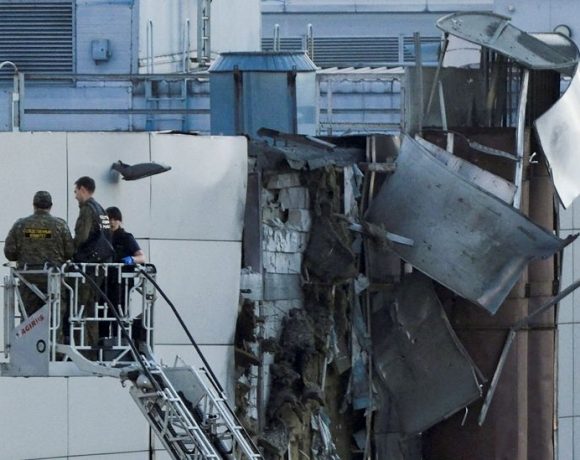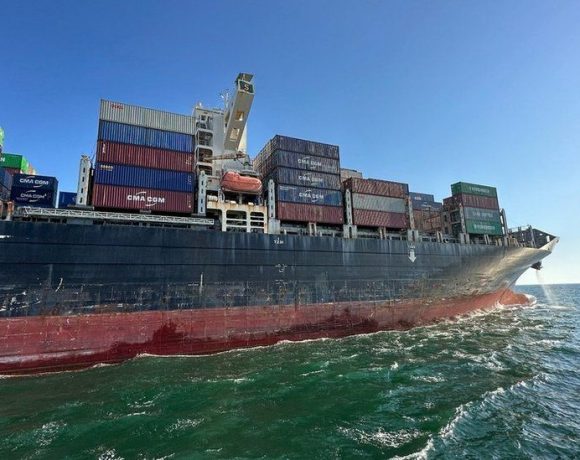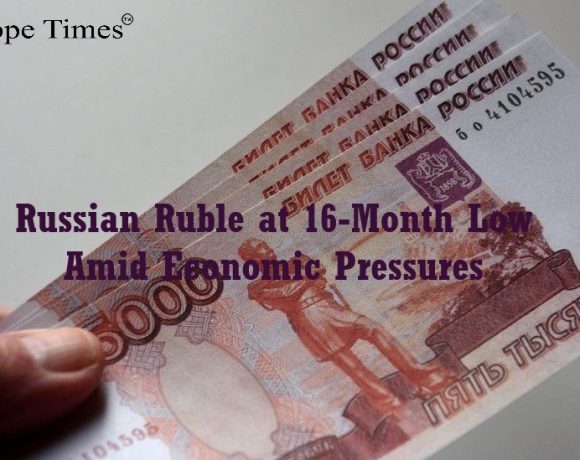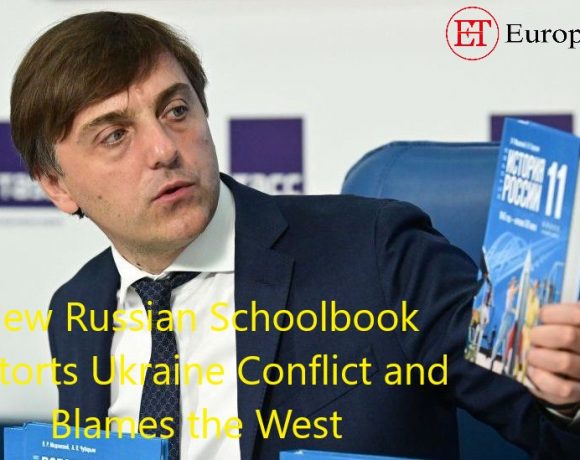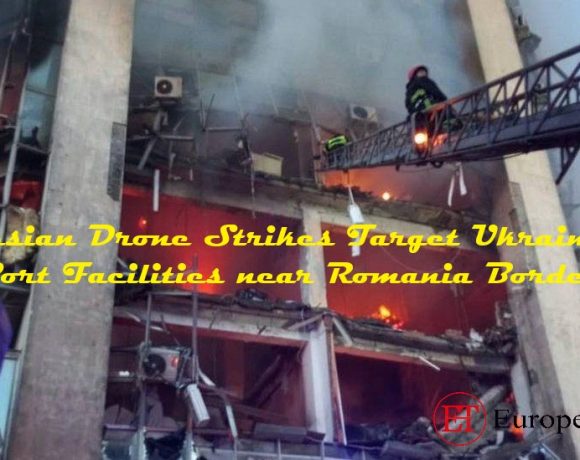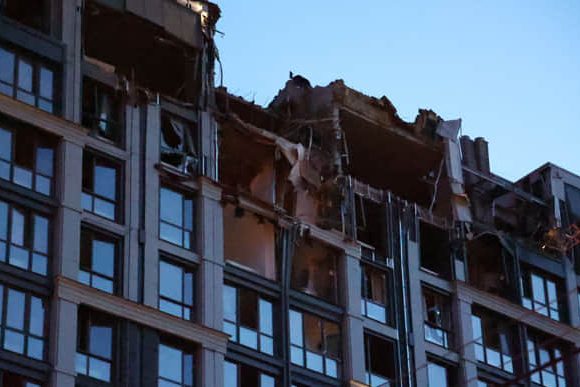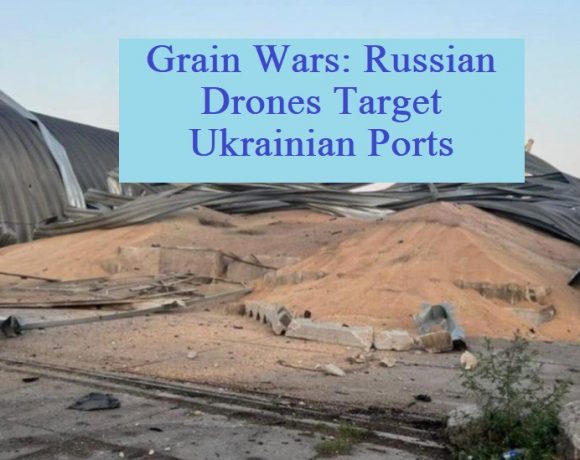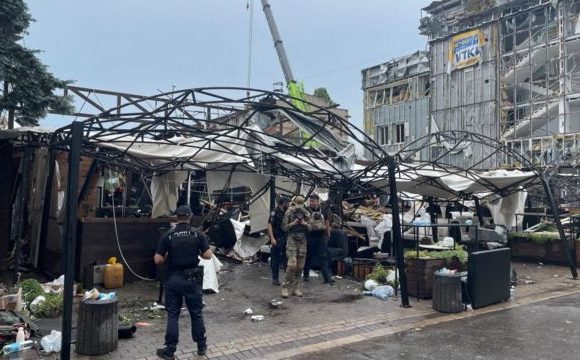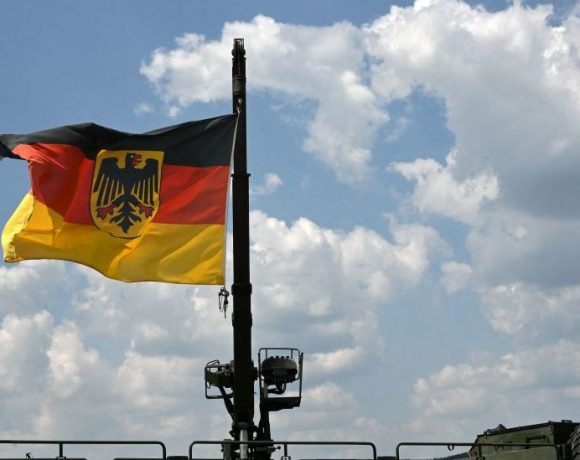
Two individuals suspected of espionage and sabotage activities targeting German military support for Ukraine have been apprehended in Bavaria, Germany. Described as dual German-Russian nationals, they were arrested in Bayreuth on suspicion of spying for Russia, including scouting potential targets such as US military facilities in Germany. The main suspect, Dieter S, is accused of various offenses, including planning explosions, arson, and maintaining contact with Russian intelligence. He is also alleged to have participated in a Russian proxy armed force in eastern Ukraine from 2014 to 2016.
The second suspect, Alexander J, is accused of assisting Dieter S in identifying potential targets. Germany, as the second largest donor of military aid to Ukraine after the US, has earmarked significant funds for this purpose. The suspects are accused of discussing sabotage operations to undermine Germany’s support for Ukraine, particularly targeting military and industrial infrastructure. The arrests are seen as a significant success in combating Russian espionage networks, according to German officials.
These developments come amidst ongoing efforts by Germany to bolster Ukraine’s air defenses, with plans to provide additional Patriot systems. The arrests follow other notable espionage cases in Germany, including a German national suspected of passing information to Russian diplomats and the former CEO of Wirecard, who is believed to have fled to Moscow and is now suspected of being a Russian spy.
Picture Courtesy: Google/images are subject to copyright


